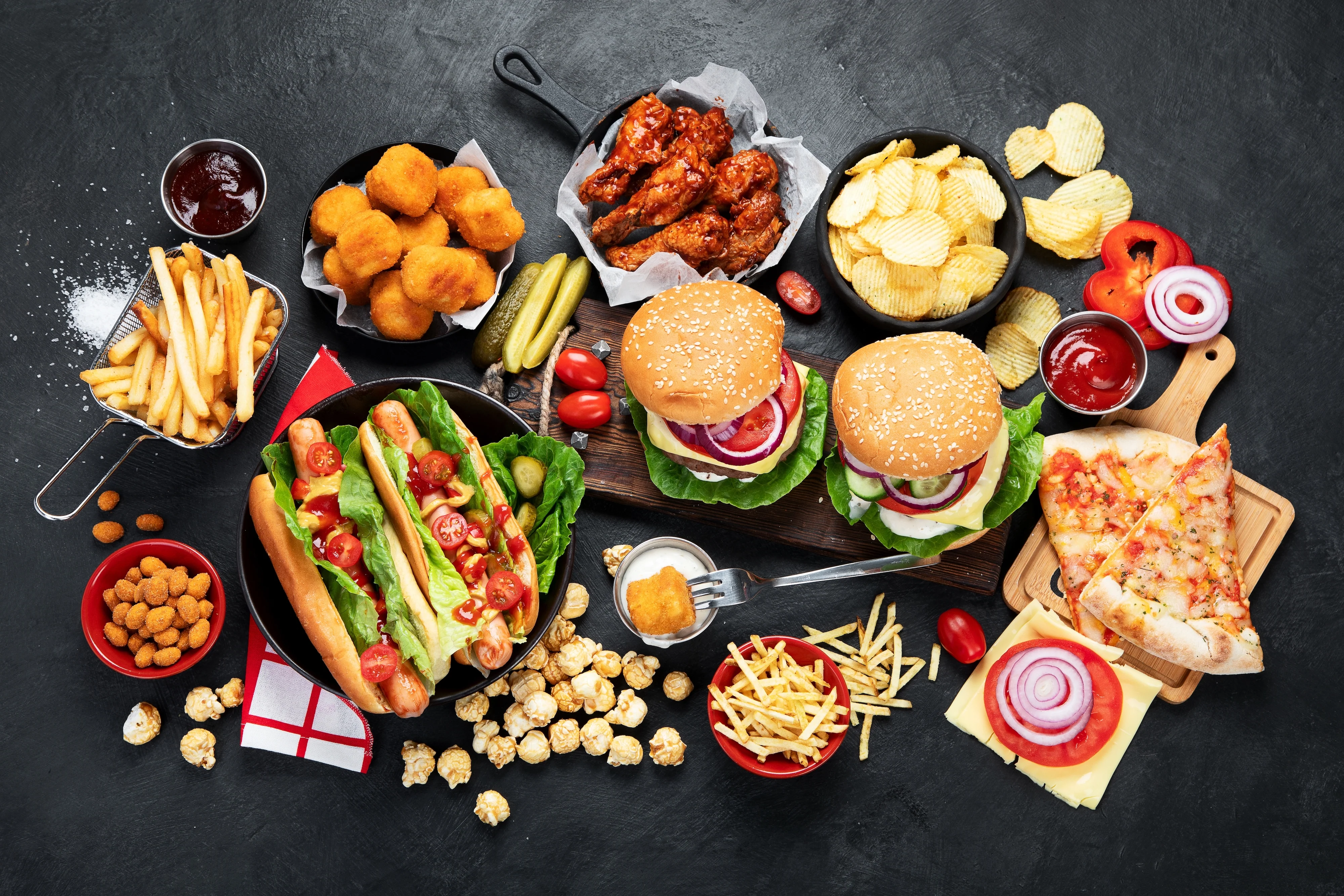
Study: Highly processed foods have addictive potential
Researchers from the USA, Brazil and Spain are calling for a global rethink about highly processed foods. The reason for this is the results of their current study, which show that certain products can trigger food addiction. “By acknowledging that certain types of processed foods have addictive properties, we may be able to help improve global health,” explains study author Ashley Gearhardt.
When people talk about addiction, they often think of drugs, alcohol or gambling. But everyday foods can also have such addictive potential. While it is possible to do without drugs, alcohol, etc., this is not so easy to do without food, says Prof. Alexandra DiFeliceantonio, co-author of the study.
The researchers have therefore made it their mission to determine more precisely which foods have the greatest addictive potential and why. So they want to give more weight to the still open and controversial factor.
Apple, salmon or chocolate bar?
Not all everyday foods have the potential to be addictive, researchers say. “Most foods that we consider natural or minimally processed provide energy in the form of carbohydrates or fat, but not both,” explains the professor of nutrition.
As an example, the researchers cited the differences between apple , salmon and chocolate bars. The apple has carbohydrates but no fat - and therefore a carbohydrate-to-fat ratio of 1:0. With salmon, however, the situation is exactly the opposite, resulting in a carbohydrate-fat ratio of 0:1. If you now look at the ratio of chocolate bars, which are usually heavily processed, it is 1:1 between carbohydrates and fat. According to the researchers, it is precisely this ratio of 1:1 that increases the addictive potential of a food.
“Many highly processed foods are high in carbohydrates and fat. This combination has a different effect on the brain,” says DiFeliceantonio.
The researchers are equally critical of the use of food additives in the industrial processing of food and are calling for more research into this.
Poor food supply increases the risk of addiction
One of the things associated with extremely processed foods is the high proportion of refined carbohydrates and added fats. These can meet the criteria for increased addiction potential for some people.
These are associated with less control over food intake, strong cravings or withdrawal symptoms. In addition, despite knowing about its harmfulness, these people still tend to continue using it. The result: obesity, binge eating, poorer physical and mental health and a lower quality of life.
In their study, the researchers then found that an estimated 14 percent of adults and 12 percent of children are affected by an addiction to highly processed foods. This may be due to the fact that in some countries such foods represent an important source of calories or that these products are significantly cheaper than less processed foods. According to the researchers, people who are faced with food insecurity are particularly affected by their addiction to highly processed foods.
The scientists hope that with their study, knowledge about addictive foods will lead to new approaches in social justice, clinical care and public policy.
As an example, the researchers cite that Chile and Mexico introduced taxes and labeling of heavily processed foods and imposed advertising bans. With these funds, the number of sales of foods with a high sugar, fat and salt content has decreased significantly. England has also started to reduce salt in processed foods, which has led to a reduction in deaths from stroke and heart disease.
The study appeared on October 10, 2023 in the special “Food For Thought” issue of the British Medical Journal.
Author: Gustav Eisenreich













